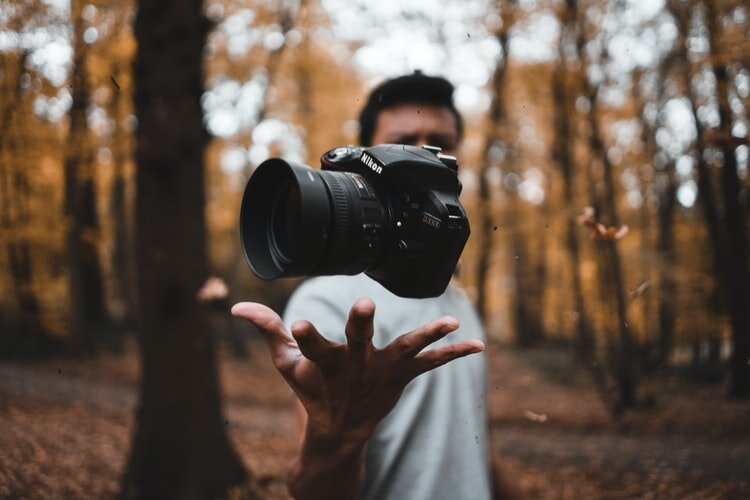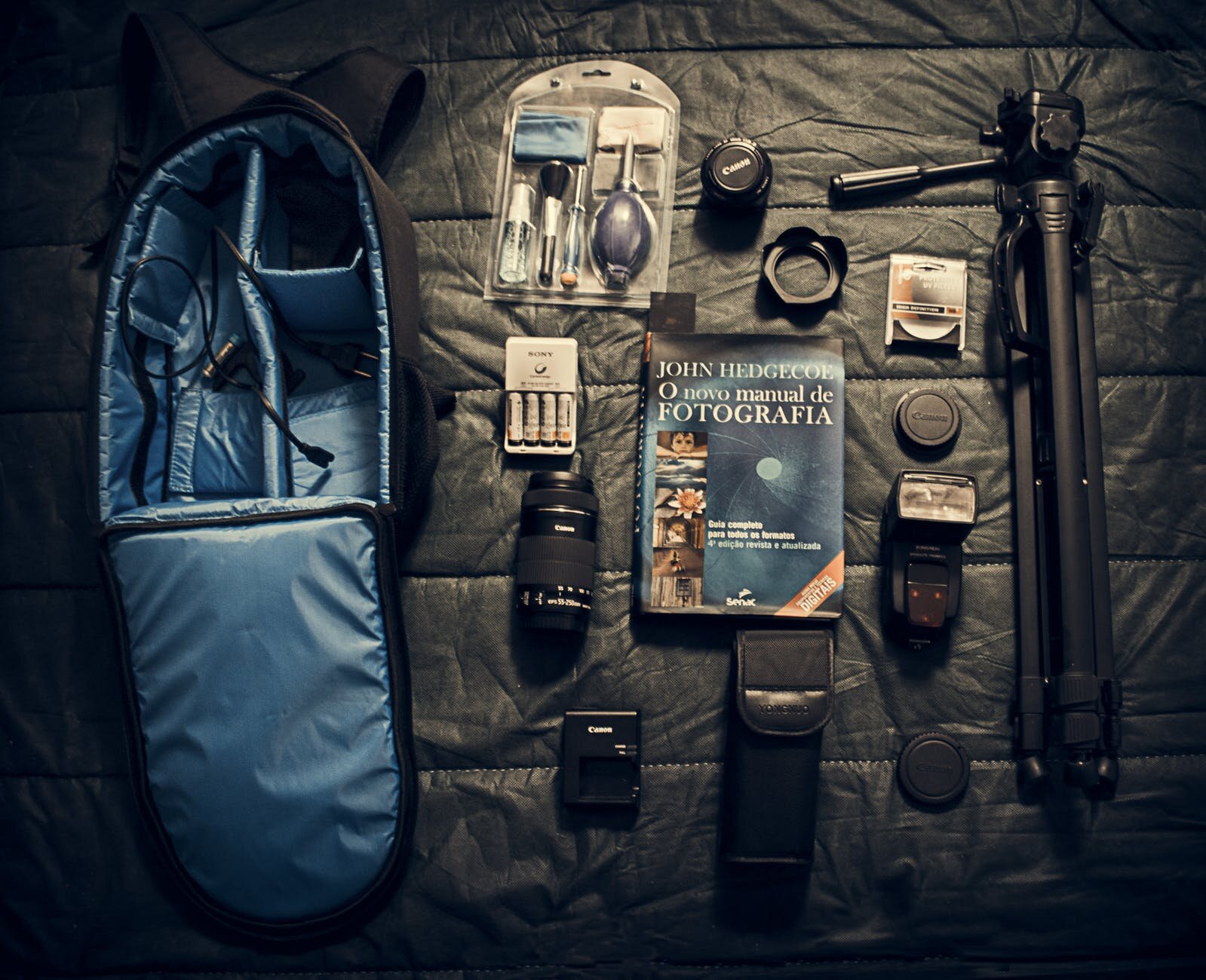Tips To Learn Professional Photography in 7 Days
The enjoyment and thrill that mastering the art of photography yields makes you want to keep improving your craft forever. Many amateurs and professionals will tell you photography is like therapy.
Photography enables you to overcome dullness and lack of vision in your life. As you continue to learn the craft, it sparks your very own creative expression, and ideas start pouring into your head more naturally. Plus, photography is just so much more than clicking photos these days.
According to a recent study by Kelly Heck Photography, while people only remember only 10% of what they read these days, adding a photo or an image can improve retention by 65% at times. Plus, who can deny that images on Facebook these days get 20% more engagement than videos and 352% more than plain text posts?
Consumers are 60% more likely to contact a business when an image shows up in local search results.
In light of this information, here are some quick tips that can help you learn professional photography in just about a week.
Get Familiar with Your Camera and Devices
Perhaps the first and foremost thing you can do is get familiar with your camera. Find out all the features, or visit the website of the manufacturer of your device. You will find some interesting detail about the various capabilities and preferred setups that can work out for you.
You can also learn more about your camera and additional devices that you own by going through online community forums. Here you will find people sharing their personal experiences and some viable lessons that can help you get a better hang of your camera.
Then there are customer reviews and user reviews that can also provide you with terrific understandings regarding the best time of day and shooting capabilities of your device along with its limitations.
Watch Online Tutorials
If reading is not a strong part of your repertoire, then there is no need to worry. At times there is just so much written that it can lead to an information overload. If that is the case, then there are tutorials on websites and social media platforms, like YouTube, that can help you sort out your device.
While I am not a big fan of paid tutorials, if you do find them, research the instructor and see if they are worth the investment of time and effort on your part. Nevertheless, there is still so much information available online that you would hardly need to swipe your card for it.
Practice on Your Own
Once you have jotted down some notes that you gathered from watching online tutorials and going through material online, it’s time to get some hands-on experience. Try out the various settings and techniques and see how well they work out for you.
Remember, photography is not something that you can master in over a night or two. To dig in, you need passion and the thought process of a photographer. No click is wasted. Every time you make a blunder, it will help you learn what not to do in the future.
Sure this is a trial by error method, but honestly speaking, the more you practice and the more mistakes you make will help you develop a relationship with this art. Pupils who buy coursework online can also practice photography as a part-time hobby, and from there, they can venture towards a professional field if it sparks their interest.
Ask a Mentor or Seek Apprenticeship
At times a second opinion can help a lot, and who better to ask for guidance than an expert you trust? Seeking an apprenticeship or finding a mentor can help you quickly adjust your style and learn the technicalities at the speed of light.
Experts in the field of photography can point out the various mistakes beginners and amateurs make. You can quickly learn to outshine others. Plus, if you have a friend who is as passionate about photography as you are, then chances are high that you might come across some newfound ways and out-of-the-box approaches.
All it takes is talking about your favorite things over a cup of coffee or a couple of cans of beer, and who knows, you might explore some new grounds along the way. Young learners who opt for essay help UK can find photography as a creative pastime in which they can invest their time and effort to see where it can take them in the future.
Learn About Exposure and Composition
Exposure is the amount of light that you allow to reach your camera sensor or film. Knowing how exposure impacts your result can make a world of difference. Hence this is one area where you need to delve into yourself more.
On the other hand, you need to learn about the composition elements in photography. Great composition incorporates various aspects of the frame that you capture that make your photograph more interesting.
Don’t Forget to Smile
Photography is best learned when you are having fun, so never forget to enjoy yourself. Don’t think too much about yourself. Instead, consider it as a never-ending adventure that will make you learn new things every time you open your lens and explore your surroundings.
Visit new places, find new subjects, and breathe freely. You don’t want to be too critical about yourself so let it come to your naturally. Forcing it would only make you more agitated.
Keep Learning
There is no limit to any skill that you acquire. Indeed practice makes perfect, and if you are passionate about photography, there are many lucrative careers out there that you can pursue.
For instance, the highest paying jobs include photo editor specialists, photojournalism, and wedding photography, to name a few. I hope this post helped offer you meaningful insights to help you learn professional photography in the quickest time possible. Cheers, and all the best for your future endeavors!
Meet the Author, Claudia Jeffrey
Claudia Jeffrey currently works as the Editorial Manager at Crowd Writer. This is where higher education students can acquire professional assignment writing service UK from experts specializing in their field of study. During her free time, she likes to indulge in pop culture, including anime, movies, music, and video games.




